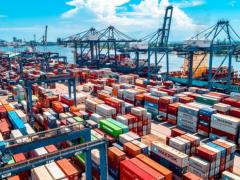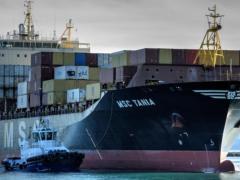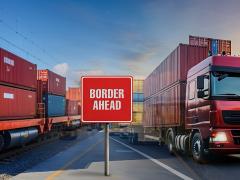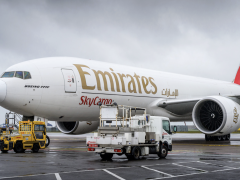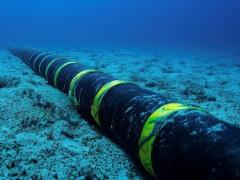As the global pandemic continues, high levels of public, political and media attention are now focused on global cold chain operations with key questions in mind such as how to maintain a robust and effective perishable supply chain and how Covid-19 vaccines will be transported, stored and distributed as quickly, efficiently and safely as possible, in one of the biggest global logistical challenges ever seen.
According to reefer container suppliers Daikin, despite the challenges of 2020 and a less-than-smooth return to global economic growth ahead, the broad outlook for reefer shipping trade remains positive.
“Reefer shipping trade growth is set to outpace that of dry cargo,” says Daikin. “In its annual review and forecast, shipping expert Drewry forecasts growth in reefer shipping trade of 3.7% to 2024 reaching 156 million tonnes, despite an initial slowdown in growth of just 1.7% in 2019.”
This growth will outpace forecast growth of 2.2% in dry cargo, leaving seaborne perishable cargo better equipped to ‘weather the Covid-19 economic storm’ and remain more recession proof than dry cargo.
Asia has become the single biggest reefer market, according to Drewry. China has now overtaken the USA to become the world’s largest perishable importer, with frozen meat imports to China in particular growing significantly in 2020 as the effects of the African Swine flu outbreak were felt. “Its protein imports continue to break records. The failure of pork production there during the ASF outbreak saw demand increase to 80 million tons, with an overall increase of 40%.
With progress being made in manufacturing and approving safe Covid-19 vaccines through a number of global projects, all eyes are now on how anywhere up to 15 billion doses will be delivered to a global population of over 7 billion, says Daikin.
And while airfreight is expected to be the primary transport method, with onward road distribution to vaccination centres because of urgency, the company says that thanks to developments in ocean freight and advances in reefer container technology the industry is well placed to meet the needs of pharmaceutical transport and could form an important secondary role in global distribution programmes.
“Indeed some major ocean carriers are now entering into partnerships with vaccine manufacturers. Shortages of airfreight capacity could also mean ocean freight and the reefer supply chain could offer a robust cold supply chain.”



